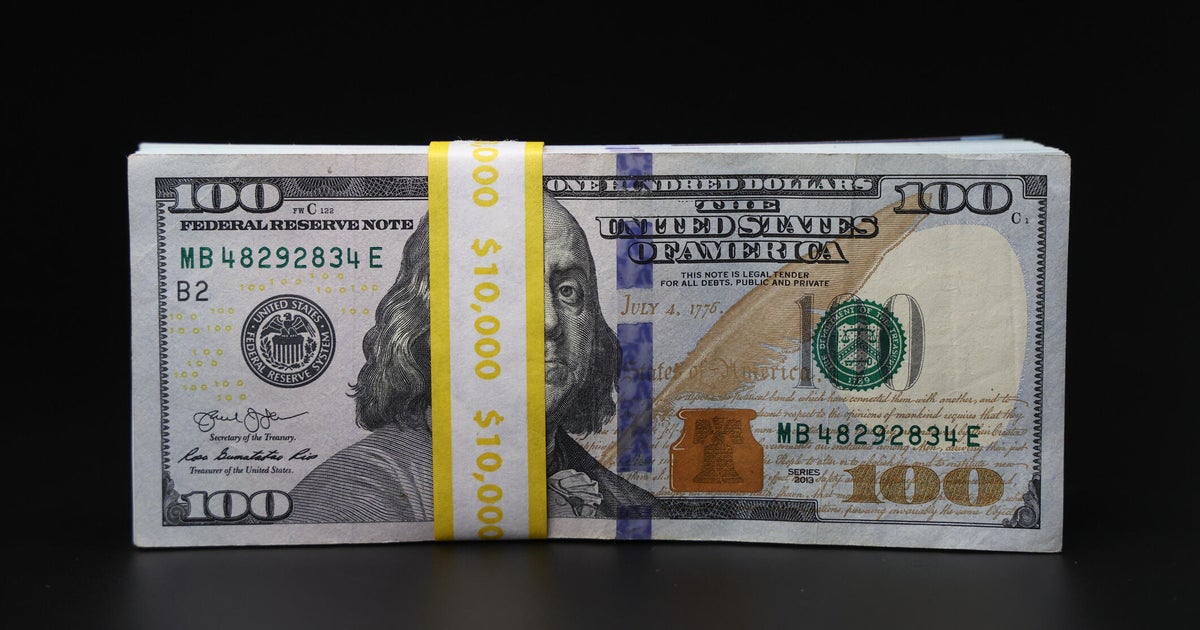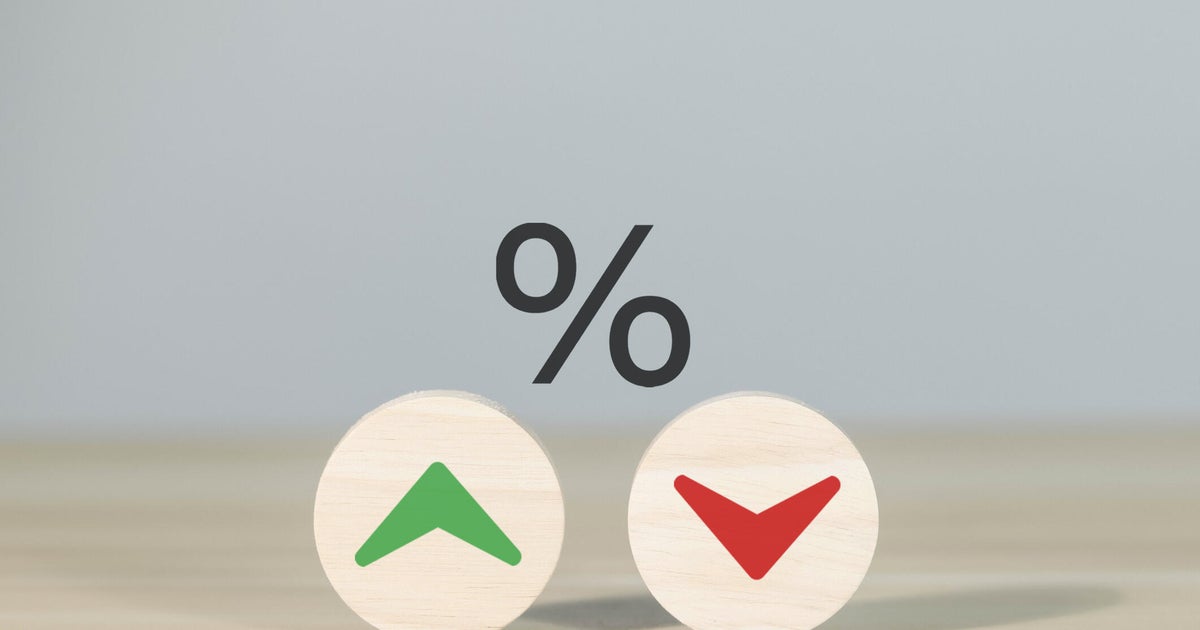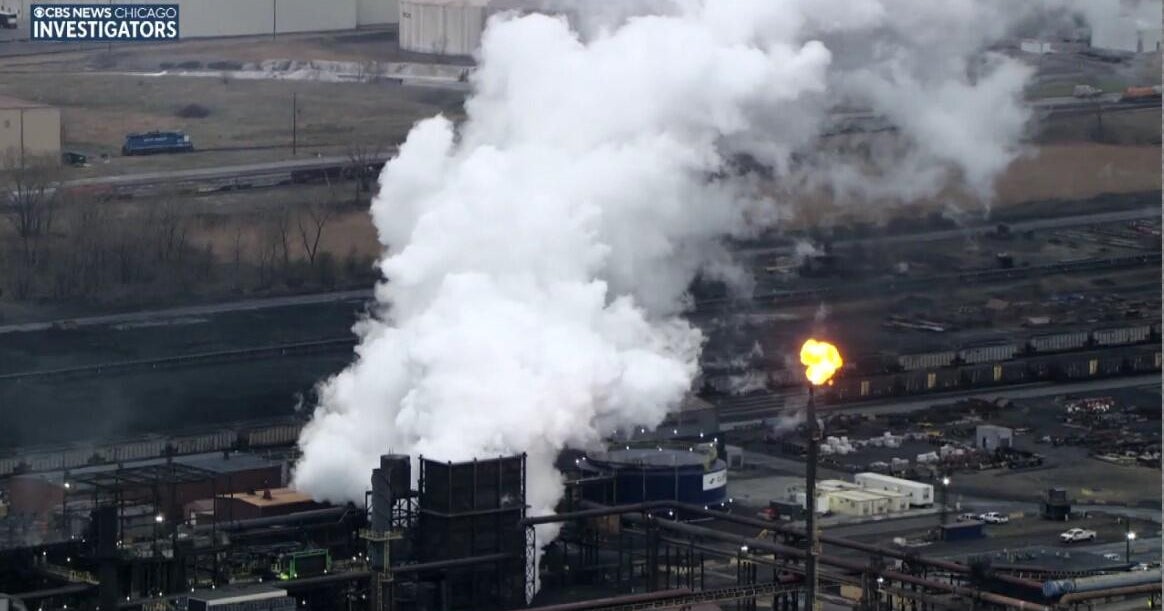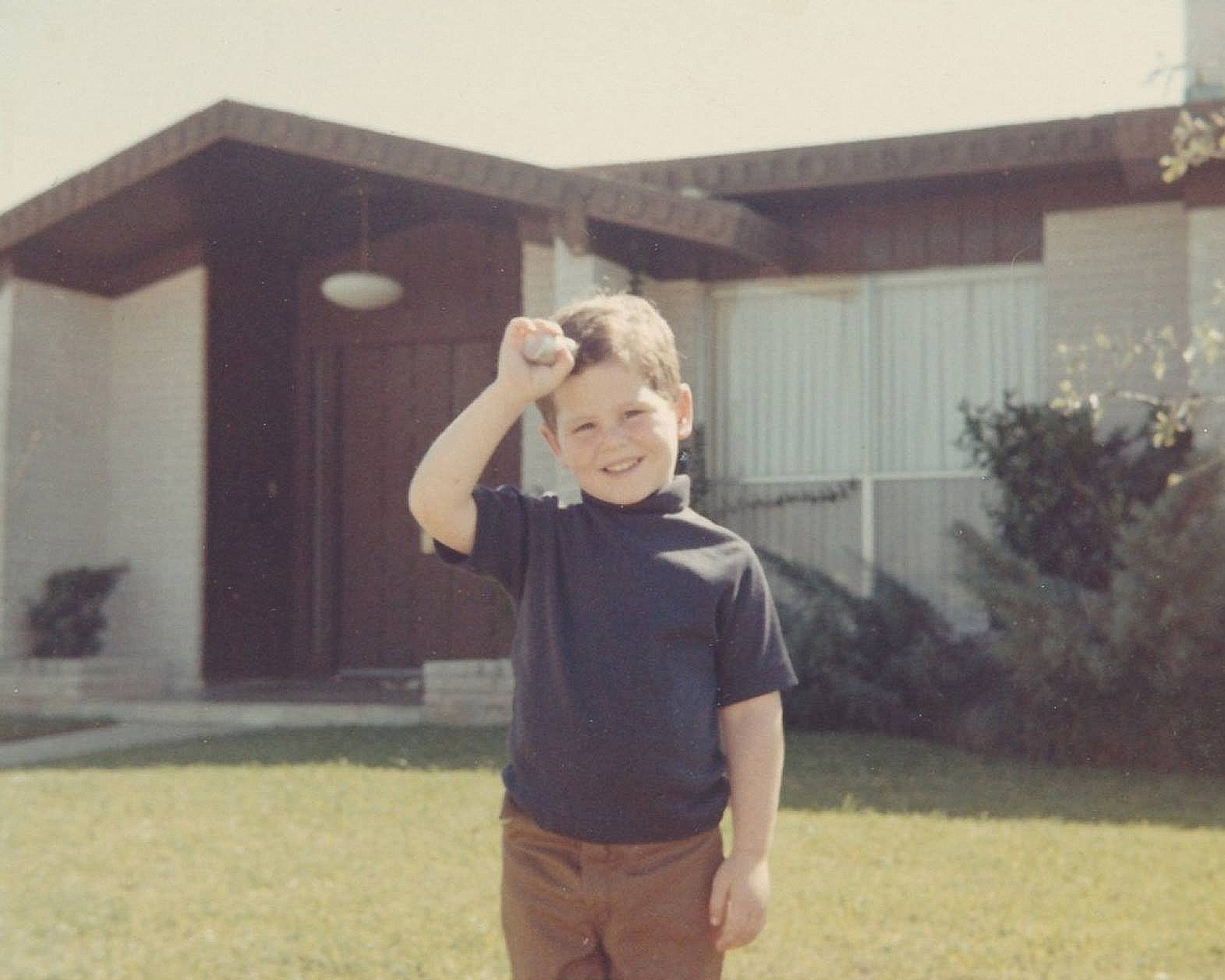Should you open a CD or savings account? Here's what experts recommend
High-yield savings and certificates of deposit (CD) accounts can both be smart ways to store and grow your money — particularly during today's rising interest-rate environment. But when is one the right choice over the other? And which will help you make the most of your hard-earned cash in the long run?
We asked a few experts for their thought on how to choose the right account.
When experts say to open a CD (and why)
Certificates of deposit accounts — or CDs — are investments you're intended to hold. Their terms last anywhere from three months to five years at most banks, and in order to get the full interest promised when you buy it, you'll need to leave the CD untouched for the entirety of that term.
If you do dip into your CD funds before the account matures, you'll typically pay a hefty penalty — often a year's worth of interest payments or more. For this reason, CDs are best if you're using cash you don't need for a while. As Seth Diener, a private wealth manager at Diener Money Management, explains, "A CD is a better choice when you have a specific financial goal in mind and can afford to lock away your funds."
CDs are also smart if you want to maximize your interest, as they usually pay higher interest rates than most savings accounts. Some of the best CD accounts currently offer rates above 5%. High-yield savings interest rates are in the 3% and 4% range.
Finally, since certificates of deposit accounts guarantee you a locked-in rate for months or even years (while savings accounts don't), you might want to open a CD if you think interest rates will drop soon.
"CDs would be a better choice when interest rates have a higher probability of decreasing in the not too distant future," says Donald Mindiak, president and CEO of First Commerce Bank.
Explore your CD options here now to see how high of an interest rate you could secure.
When experts say to open a savings account (and why)
If you need access to your cash without penalty, then experts say a high-yield savings account is your best bet. They're also a good option if you need to build up an emergency fund.
"A high-yield saving account is flexible, meaning that if you think you will need your funds accessible, a high-yield savings account will allow you to withdraw your funds at any time without penalties," says Chikako Tyler, chief financial officer at California Bank and Trust. "You can also add to the high-yield savings account if you have additional excess funds."
That last part is key, as CDs do not allow you to add more funds after the fact. What you put into your CD account at the start is all that you will earn interest on during the entire term.
You also may want a high-yield savings account if you think rates may rise in the future. CD rates are set in stone. Saving account rates, on the other hand, ebb and flow with the market. If rates rise down the line, it could mean more interest earned in the long run (it could also mean the opposite, though if rates drop).
Check your high-yield savings options here and start earning more interest.
When experts say to open both (and why)
If you have the funds, you could open both a high-yield savings account and a CD. This might be a good move if you want to diversify your investments and save for both short- and long-term goals.
"Opening both a CD and a high-yield savings account allows for diversification, with the CD providing stability and a fixed return, while the savings account offers liquidity," Diener says. "This approach can balance long-term savings goals with short-term needs and potentially maximize interest earnings on a larger savings balance."
It might also be wise if you want to ensure you can weather a potential economic storm.
"Investing in both CDs and high-rate savings accounts allows you to maximize your savings while keeping some assets liquid," says Chris Moore, the director of deposit and payment strategy at Alliant Credit Union. "This could prove beneficial during turbulent financial times."
When to explore other options
If you're looking to get the biggest possible returns for your money, you may want to consider other investments. While CDs and high-yield savings accounts can provide steady interest over time, they typically won't deliver the big returns that riskier investments like stocks could.
If you're not sure which account to open or where to invest your money, talk to a financial professional. They can help assess your goals and budget and point you toward instruments that are best for your money in the long run.




